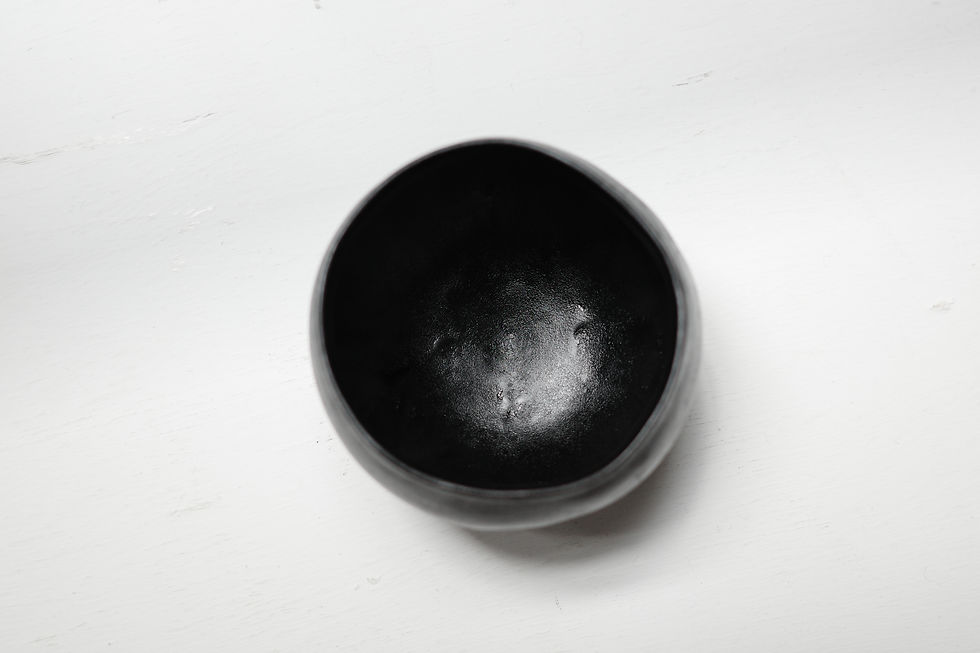Born in 1977 in Mitaka City, Japan, Katsuji Kamata 鎌田克慈 graduated from the Art Development of Tohoku University of Art and Design in 2000. Kamata then practised lacquer in the School of Lacquer Technique of Ishikawa Prefecture and became a student of Akito Akagi between 2000 and 2005. Kamata has now become an independent lacquer artist since 2006.
Kamata practises kanshitsu the most. He uses wood, plaster and other molds to create a rough core. He will sharpen the surface with sandpaper first. He then pastes linen with a mixture of glue and natural lacquer on it. This process will be repeated for at least two times. The rough core will be removed, forming a lightweight hollow body made of lacquer and hemp cloth. Kamata will apply natural lacquer layer by layer before a piece of lacquerware is made.
Lacquer Katakuchi Sake Serving Pot by Katsuji KAMATA
The value of a piece of lacquerware only begins with the materials used to make it. A high quality piece of lacquerware requires the skills of several different elements: lacquer, layers, core materials, decoration, colours, design and process.






















